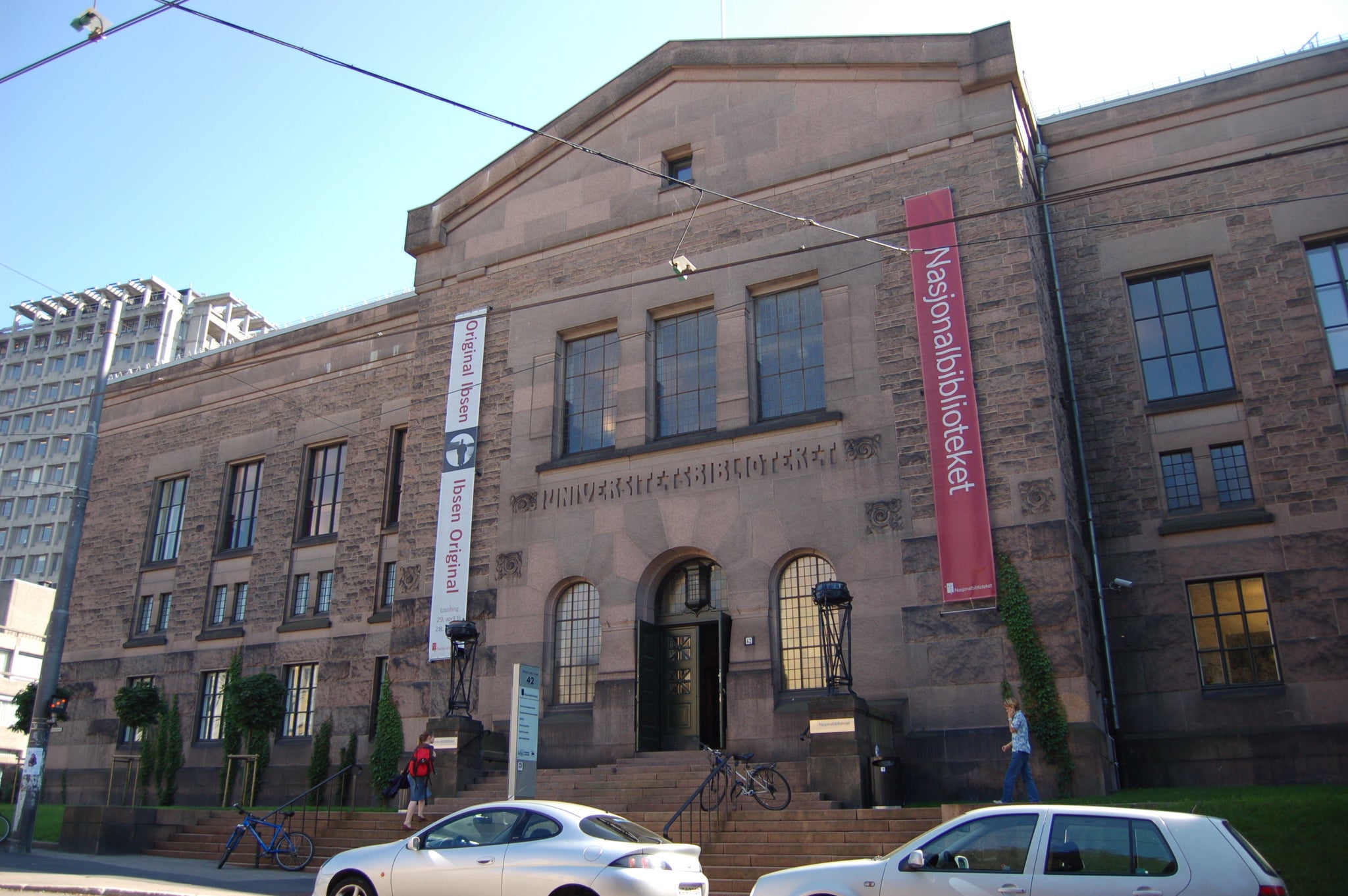Norway to digitize all books and offer them as free downloads
The country's national library will undertake the project, predicting that it will take twenty to thirty years to complete

Your support helps us to tell the story
From reproductive rights to climate change to Big Tech, The Independent is on the ground when the story is developing. Whether it's investigating the financials of Elon Musk's pro-Trump PAC or producing our latest documentary, 'The A Word', which shines a light on the American women fighting for reproductive rights, we know how important it is to parse out the facts from the messaging.
At such a critical moment in US history, we need reporters on the ground. Your donation allows us to keep sending journalists to speak to both sides of the story.
The Independent is trusted by Americans across the entire political spectrum. And unlike many other quality news outlets, we choose not to lock Americans out of our reporting and analysis with paywalls. We believe quality journalism should be available to everyone, paid for by those who can afford it.
Your support makes all the difference.Making digitized books available for free online is a controversial issue, with Google’s colossal digitization project only declared legal in the US at the beginning of this month. However, in Norway it seems there are fewer qualms about the issue.
The country’s National Library is planning to digitize all the books it holds and make them available to Norwegians for free.
Because the library is a ‘legal deposit library’ (this means it must hold a copy of all books published in the country – the British Library is one of the UK’s five legal deposits) this project will make the entirety of Norwegian literature into a digital archive, searchable by its citizens.
The library has estimated that it will take 20 to 30 years to complete this process, and will recognize whether users trying to access the archive are Norwegian or not by looking at their IP address.
In the UK we have no equivalent initiatives, although projects are underway. The British Library says that it has digitized about one per cent of its total collection (including the more illustrious examples from its ‘Treasures’ collection and its catalogue of illuminated manuscripts) but it specifies that its content is only open to “researchers”.
Norway’s undertaking has been compared to another famous example of the country’s long-term thinking: the Svalbard Global Seed Vault. This 1000m2 construction is built inside a mountain on the remote Arctic island of Spitsbergen and contains more than 10,000 seed samples. Its purpose? To act as a safety net in the event of global catastrophe.
As The Atlantic’s Alexis C. Madrigal has pointed out, Norway’s digitization project may put other countries at a disadvantage in some unforeseeable future. When archaeologists of the year 3000 come to unearth the treasures of extinct societies, what will they find?
“Some scraps of Buzzfeed and The Atlantic, maybe some Encyclopaedia Britannicas,” suggests Madrigal, “and then, gleaming in the data: a complete set of Norwegian literature.”
We can only hope they've translated Shakespeare for us.
Join our commenting forum
Join thought-provoking conversations, follow other Independent readers and see their replies
0Comments